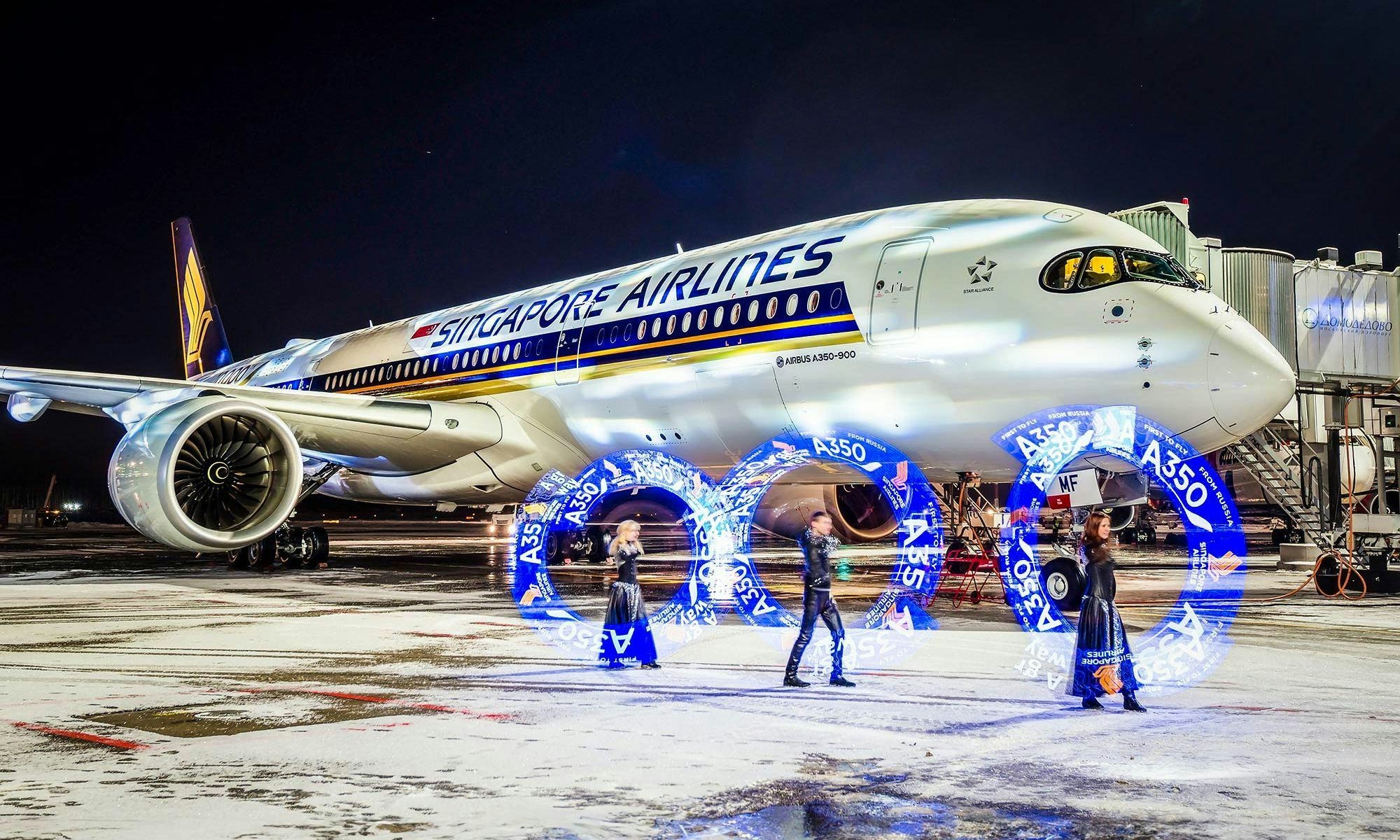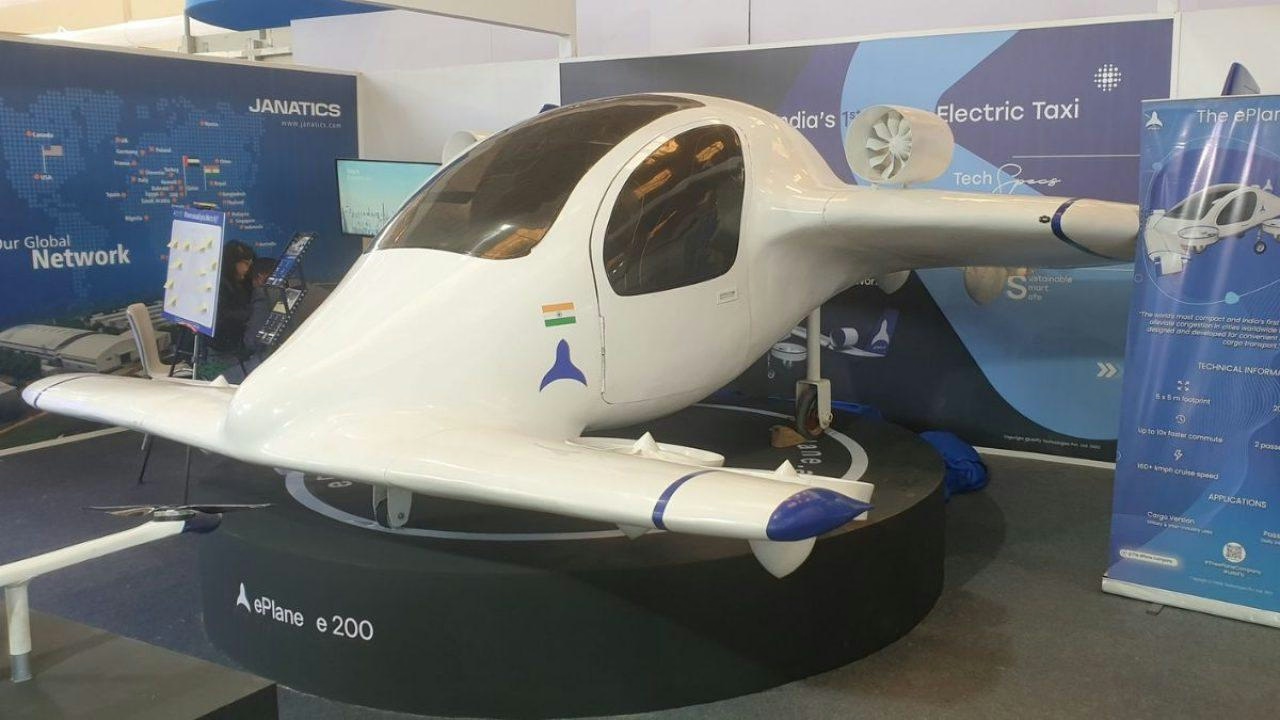AeroGenie — Your Intelligent Copilot.
Trending
Categories
Bessent Highlights U.S. Aircraft Engines and Chemicals as Key in China Trade Talks

Bessent Highlights U.S. Aircraft Engines and Chemicals as Key Leverage in China Trade Talks
The U.S.-China relationship has reached a critical juncture as both countries resume high-level discussions addressing tariffs, trade, and broader economic concerns. In a recent interview with Fox Business, Treasury Secretary Scott Bessent emphasized the United States’ strategic advantage in key sectors, notably aircraft engines, parts, and specialized chemicals, which serve as important leverage in ongoing trade negotiations with China.
Strategic Leverage in Critical Industries
Speaking with Fox Business anchor Maria Bartiromo on September 24, Bessent asserted, “We’re not without levers on our side. We have plenty of products that they depend on us for.” His remarks coincided with meetings alongside Chinese Vice Premier He Lifeng, where discussions encompassed national security, economic policy, and trade issues. The agenda also included potential U.S. regulatory measures on TikTok and avenues for cooperation on combating financial crimes.
Bessent’s comments underscore the U.S. position in sectors where China remains dependent on American technology and expertise. Aircraft engines and parts, for instance, are difficult to replace, granting U.S. and European manufacturers a distinct advantage in the global aviation market. This reliance may prompt increased government support for American aerospace firms, potentially through contracts or preferential trade policies—actions that often enhance investor confidence.
The chemical industry represents another domain where the U.S. holds a competitive edge. As negotiations advance, companies involved in aerospace and chemical manufacturing face a complex environment of heightened risks and emerging opportunities. Shifting policies are expected to influence corporate balance sheets, valuations, and long-term growth trajectories.
Broader Economic Rivalries and Emerging Challenges
Semiconductors remain a central focus in the economic rivalry between the two powers. Bessent highlighted Taiwan’s role as the producer of many of the world’s high-performance semiconductors, describing it as a potential “single greatest point of failure” for the global economy. In response, the U.S. has intensified efforts to expand domestic chip production and promote manufacturing in allied nations. The 2022 CHIPS and Science Act, enacted under the Biden administration, allocated over $52 billion to bolster U.S. semiconductor capabilities. This initiative may create new investment opportunities in domestic chip production, materials, and equipment sectors.
Nevertheless, significant risks persist for businesses heavily reliant on China, whether as a market for exports or a source of critical inputs. Continued trade tensions and policy shifts threaten to disrupt supply chains and affect profitability.
The talks also addressed the escalating competition between the U.S. and China in the electric vehicle sector, as both countries compete for dominance in next-generation automotive technologies. Additionally, Bessent clarified the U.S. stance on tariffs related to Chinese purchases of Russian oil, stating that the U.S. would refrain from imposing such tariffs unless Europe takes similar action.
As negotiations proceed, the evolving policy landscape presents a complex mix of challenges and opportunities for American industries central to the U.S.-China economic relationship.

Factors Behind the Airbus A350’s Short Takeoff Distance

Archer Aviation Partners with NVIDIA to Advance Aviation AI Technology

Chennai Startup to Develop India’s First Electric Air Taxi

Factors Positioning Airbus for Leadership in 2026

Emirates Unveils Cabin Design for New Boeing 777X

Eighteen Years On, the Airbus A380 Remains Central to a $34 Billion Airline

How a boom in luxury airline seats is slowing down jet deliveries

Navitaire Outage Attributed to Planned Maintenance

AI, VR, and Data Transform Pilot Training by 2026

Airbus Plans Record Delivery of 870 Aircraft in 2026
